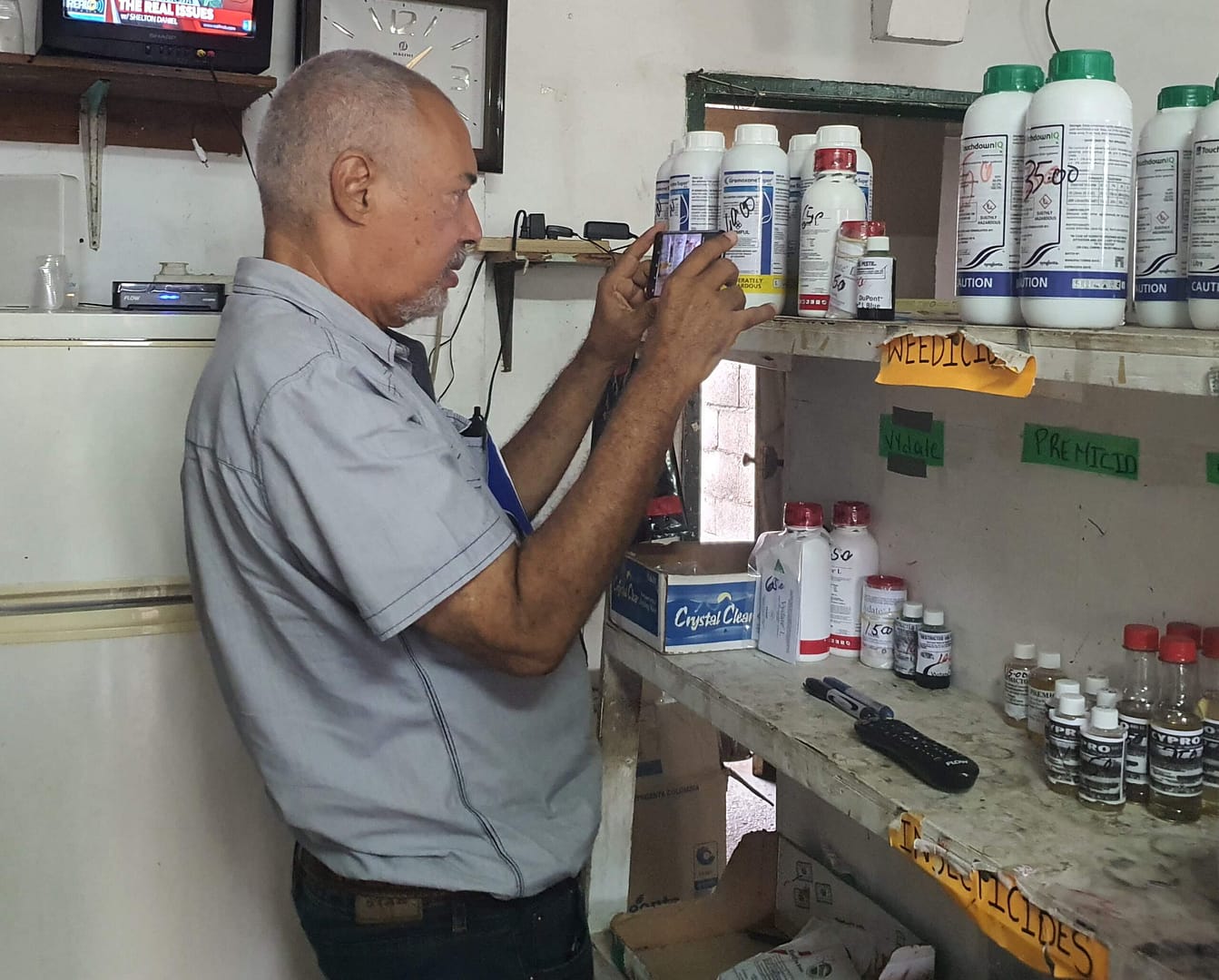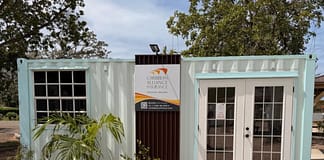
22 November 2022, Castries, Saint Lucia – Despite measuring only 238 square miles, the Small Island Developing State of Saint Lucia has one of the highest number of registered pesticides inthe Caribbean, inclusive of a large number of highly hazardous pesticides (HHPs).
Most of these pesticides are used in the agriculture sector, domestically and for commercial pest control.
Many HHPs contain active ingredients that are acutely toxic to humans and harmful to terrestrial and marine ecosystems.
Therefore, improper use, including overuse of these chemicals can have severe adverse consequences for human and environmental health.
Through Phase 3 of the European Union-funded Programme for Capacity Building Related to Multilateral Environmental Agreements in ACP Countries, the Food and Agriculture Organization of the United Nations (FAO), collaborated with The Saint Lucia’s Pesticides and Toxic Chemicals Control Board (PTCCB) with the aim of bolstering arrangements for pesticides control and management.
Boosting sound pesticides management will produce long-term benefits for all Saint Lucians, in the form of improved human well-being and environmental quality.
The implementation of interventions towards this goal commenced with an assessment of procedures and practices related to pesticides licensing, import, sale and use in Saint Lucia.
From October 31 to November 4, 2022, Michael Ramsay, FAO consultant and regional pesticides expert based in Jamaica, embarked on a weeklong information-gathering mission in Saint Lucia.

He engaged with a wide cross-section of interested persons including Government ministries, statutory bodies, local agricultural organisations, fisherfolk, and pesticides importers and retailers including street vendors. Based on these dialogues, Ramsay will determine the strengths, weaknesses, opportunities and challenges facing the regulation of pesticides in Saint Lucia.
This assessment will form the baseline for developing effective recommendations to strengthen the pesticides regulatory framework.
Ramsay noted that, “All countries have challenges with protecting human health and the environment from the harmful effects of pesticide use.
The project in progress will document the issues in Saint Lucia and provide the foundation for the Board and staff of the Pesticides and Toxic Chemicals Control Board to devise and implement policies and strategies for addressing them.
This will require the participation and cooperation of all stakeholders.”
This was further emphasised by Cletus Alexander, Saint Lucia’s Registrar of Pesticides, Secretary of the PTCCB and representative to the Coordinating Group of Pesticide Control Boards of the Caribbean (CGPC).
He indicated that, “The Pesticide regulation is being reviewed in Saint Lucia to reduce the impact of pesticides on human health, animal health, plant health and the environment.
The unsustainable use of pesticides in Saint Lucia is a primary concern as such, the ACP MEAs 3 Project is providing a timely and necessary intervention.”
The work undertaken by the project is not only important but will provide solid guidance to help the Government of Saint Lucia, the PTCCB, and other key actors take decisive action to reduce pesticide-related risks to human health and the environment.
Advertise with the mоѕt vіѕіtеd nеwѕ ѕіtе іn Antigua!
We offer fully customizable and flexible digital marketing packages.
Contact us at [email protected]
















